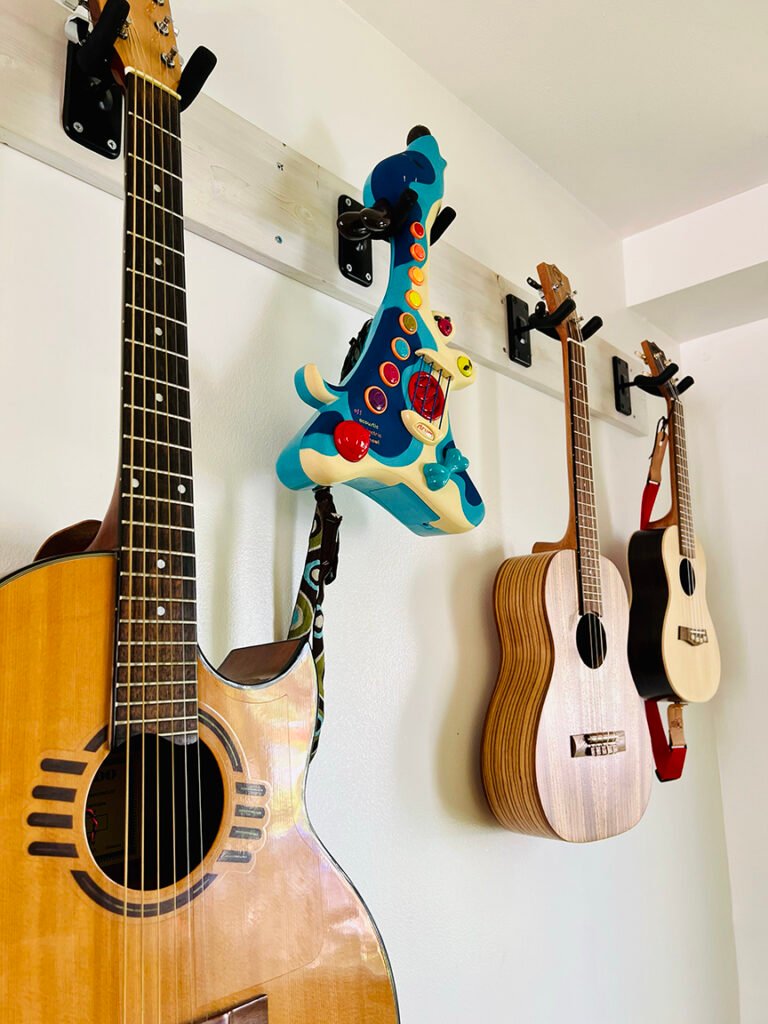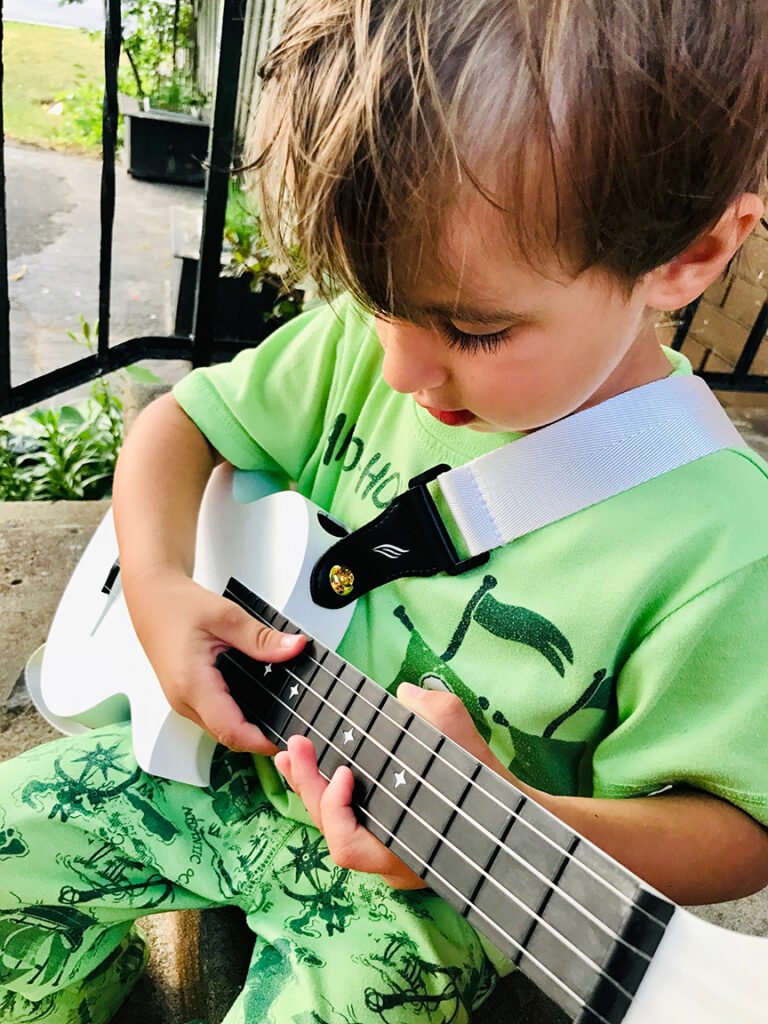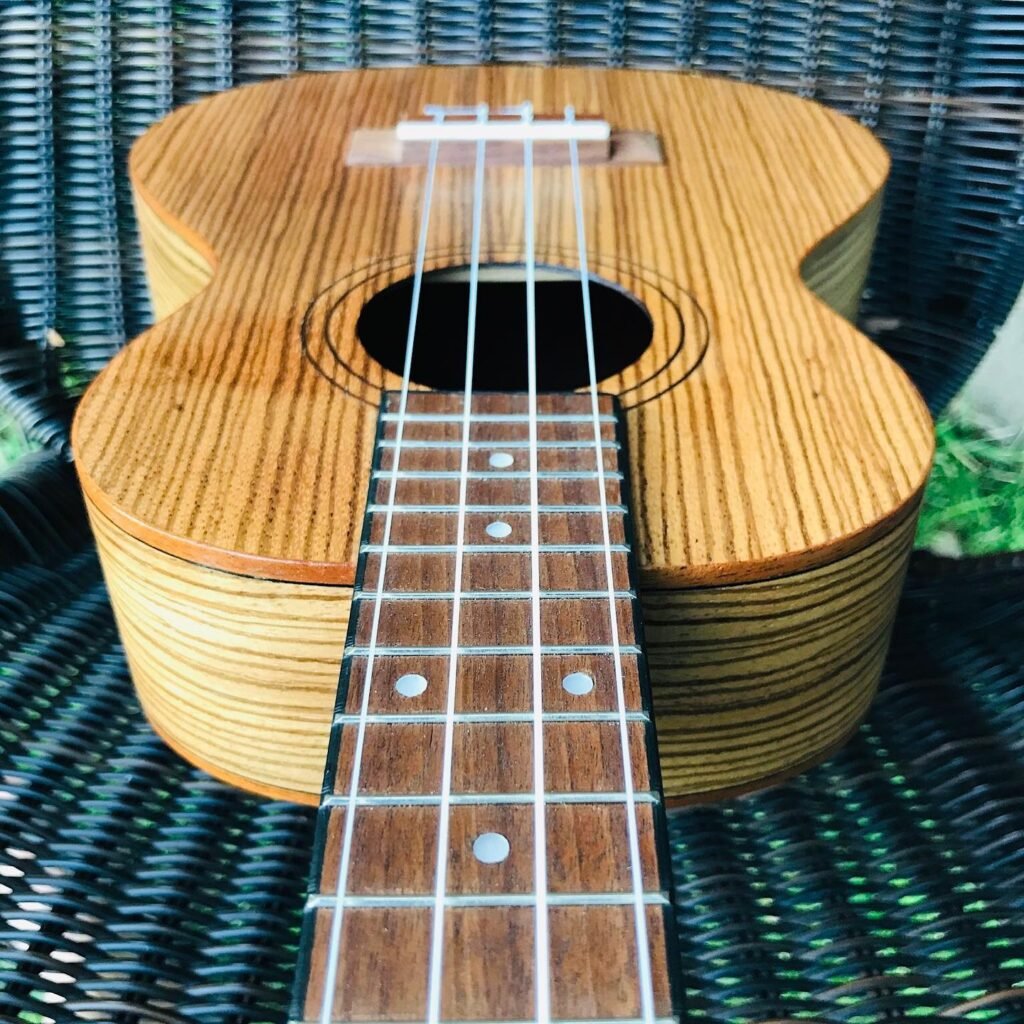I am often asked about the best age to begin private music instruction. It’s a great question and an important one to think over before buying that Gibson or grand piano! Here are a few thoughts to consider:
Picture this: You’re visiting a friend with your child. The friend’s toy collection includes a drum set, toy guitar or piano keyboard. Your child loves these toys and spends the whole visit rocking out, putting on shows or banging away on the drums. Clearly this is a demonstration of interest, passion, and hidden talents being awakened, right? Your virtuoso may not be ready for center stage just yet, but time to capitalize on this talent, right? Often, it’s at this point that I get a call asking if it’s too early to start private lessons.
The answer is maybe yes; but maybe no!
Interest
The first thing to observe is your child’s behaviour when exposed to music. Do they dance when you turn on the radio? Do they sing back songs they learn from their environment? If there are already musical instruments in your house, do your children play with them? What happens when you introduce a new instrument to your collection? Trying out a general music class you can attend with your little one, is often the best introduction to the joys of playing music. These classes have it all: classic songs, instruments, rhythmic games, dancing and play with music. As you observe your little ones in these moments, you’ll have the opportunity to discover whether your child is musically inclined.

Focus & Discipline
When thinking about private music lessons, an important factor is your child’s ability to sit patiently through a lesson and to focus on instruction. A typical private lesson is usually 30 minutes. At any age it is important to find a teacher who connects with your child and understands their strengths, motivation, and needs. Younger children benefit greatly from a teacher who balances different aspects of music in each lesson. Not only does this provide a well-rounded experience, but it also keeps learning fun, engaging, and challenging. Incorporating games, rhythm, music appreciation and listening exercises can be both inspiring and rewarding for aspiring musicians. However, if a teacher struggles to keep your child’s attention, they may not be ready for this step yet.

Physical Strength & Dexterity
Many people don’t realize the degree of fine motor skills required to play instruments like guitar or violin. Even ukulele, with it’s four nylon strings, takes strength and a certain amount of agility to play. Beginners often struggle as they develop calluses on fingertips and power in the hands to achieve a rewarding sound. For many young musicians this can be a hard period to push through. Luckily it doesn’t take long to get over these challenges. Even 2 minutes of practice 2-3 times a week helps drastically. But students who are not motivated, or easily deterred, may be discouraged. It is for this reason that many very young children (ages 2-5) start music lessons on piano.

Time
These days, children’s schedules can be loaded with activities. It is a fantastic initiative to expose kids to all kinds of different arts, sciences, and sports! Something to keep in mind when deciding on private music instruction is that learning an instrument comes with homework. Working a routine of practice into a child’s week, especially for young children, takes commitment from parents. Investment in practise and review is the best way to help your little one progress and achieve their goals. It is also the best way to get the most out of those lessons!
In general, for an instrument such as ukulele, I would recommend that the student is at least 6 years old when they begin taking lessons. Keep in mind though, they’ll never be too old to start!


